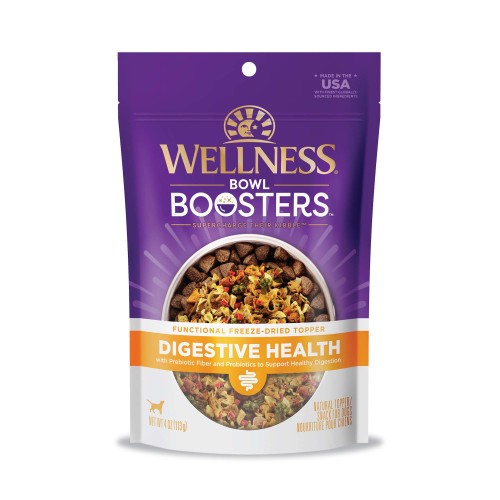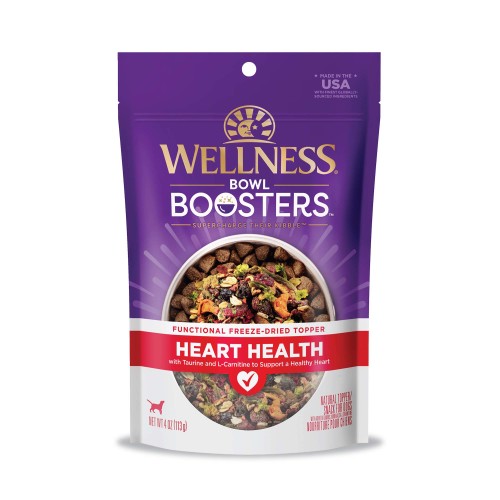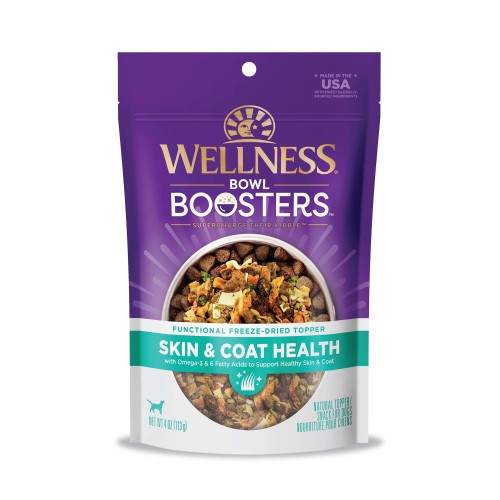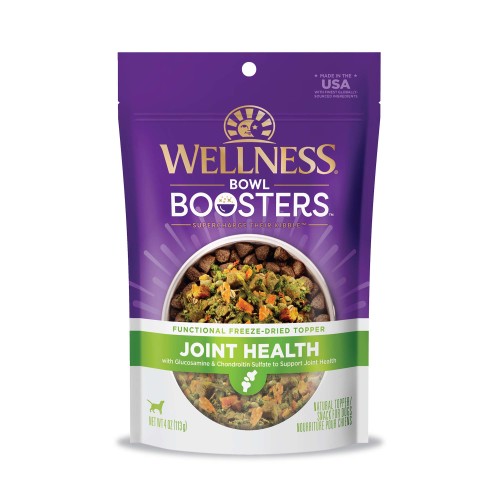March 7, 2019
How To Tell If Your Dog Has Dog Food Allergies
Confusing food allergies with food sensitivities (or intolerances) is a common mistake by pet parents. Whilst food allergies and food sensitivities have very different causes, the outward symptoms are very similar. However, it is important to differentiate true food allergies from food sensitives to best help Fido avoid skin and digestive upsets.
What Is The Difference Between Food Allergies and Food Sensitivities?
Dog Food Allergies:
A true food allergy occurs when the immune system mistakenly identifies a particular food ingredient as harmful and subsequently commences an immune response. True food allergies are much less frequent that food sensitivities. In fact, studies indicate that of the total population of dogs who do suffer from allergies, only 10% of those dogs are suffering from food allergies and most reactions are due to far more prevalent causes including fleas, parasites and the environment.
How To Tell If Your Dog Has Food Allergies:
- Intense itching
- Chronic ear inflammation
- Gastrointestinal problems (chronic diarrhea or gas)
- Skin redness
- Hair loss
Whilst the ingredients that trigger an allergic response vary for every dog, the most common food allergens include beef, dairy, wheat, egg, chicken, lamb, soy, pork and corn.
Dog Food Sensitivities:
Food sensitivities are non-allergic reactions to a food that may present with as a cumulative response to an offending agent. Sensitivities can result from a pet being unable to properly digest certain ingredients such as meat proteins, dairy, grains, artificial colors, artificial flavors and chemical preservatives. The onset of food sensitivities typically occurs suddenly within 48 hours of ingesting the offending food.
How To Tell If Your Dog Has Food Sensitivities:
- Poor skin condition
- Itchy coat
- Chronic ear infections
- Foot yeast
- Bacterial infections
- Loose stools
- Vomiting, diarrhea and gas
Treating Food Allergies & Sensitivities
If you think that your dog is suffering from either a food allergy or sensitivity, always consult with your veterinarian first to accurately identify the problem. For both food allergies and food sensitivities, the clinical signs are often diagnosed with an elimination diet and challenge. This approach focuses on feeding a diet that limits the number of ingredients to avoid potentially offending ingredients. Therefore, natural, grain-free and limited-ingredient diets have become a go-to choice for pet parents who believe their dog has a food allergy or sensitivity.
Recipes such as Wellness CORE Digestive Health are specifically crafted to be naturally hypoallergenic and avoid common food allergens, therefore reducing the likelihood of that diet causing reaction in dogs with food allergies or sensitivities.
Wellness CORE Digestive Health dry dog recipes are highly digestible, probiotic-coated kibble crafted with digestive enzymes, a unique blend of prebiotic fibers, and guaranteed levels of probiotics to support digestive health for wellbeing. Fuel your dog’s best life, starting with digestive health. From their immune system to energy levels and even their skin and coat, it all starts with digestive health.
Supporting a dog with food allergies or sensitivities can be challenging, but with an understanding of what is causing these allergies or sensitivities and the right diet, pet parents can alleviate their dogs’ adverse symptoms. As you limit the ingredients in your dog’s main meal, don’t forget that you should also limit ingredients in treats and toppers.






